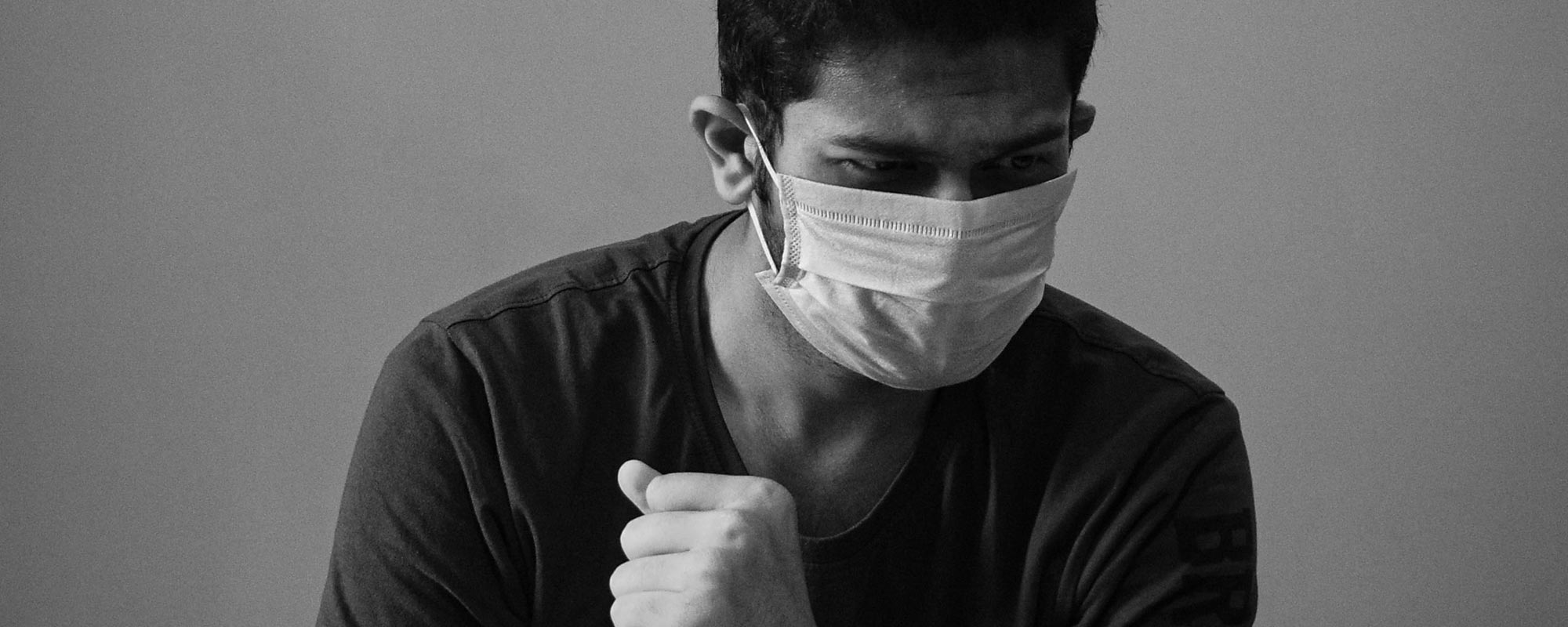November 20, 2020
Originally appeared in The Georgia Straight dated November 13, 2020
On November 7, Dr. Bonnie Henry, British Columbia’s provincial health officer, held an unusual press conference to announce tighter restrictions in the face of growing COVID-19 infections. But, perhaps counterintuitively to some, she insisted that the new rules need not be accompanied by increased enforcement.
She’s right.
The list of nonmedical recommendations to curb the spread of COVID-19 has become a daily mantra. Stick to your bubble—or your immediate household when things get bad. Physically distance yourself from others. Wear a mask when that’s not possible.
The reason this advice keeps making the rounds is that there’s growing evidence that these actions do, in fact, slow the spread of COVID-19.
The one public health tool that has been widely used in Canada, without any evidence of its effectiveness? Punitive fines. Lots and lots of fines.
As we wrote in our June report, in the first three months of the pandemic, Canadian governments levied more than $13 million in COVID-related fines. And, as several of us set out in a recent paper, it’s not at all clear that it has done anything to curb the spread of COVID-19.
The logic behind fines is simple: deterrence.
Fines, it is argued, work at the individual level: fines make people less likely to repeat the behaviour that led to the fine. They also, theoretically, work at the population level: knowledge of others being fined encourages people to avoid the same fate.
The bigger the fine, the greater the deterrence, or at least that’s the idea. Hence, Premier Doug Ford’s recent boast that Ontario’s new fines would be “the highest in the country”.
There are two problems with this logic. First, there is no compelling evidence to support the idea that people can be fined into compliance. Second, there is plenty of evidence to show that punitive fines undermine public health goals and cause greater harm than good, especially for marginalized populations.
Before someone can change their behaviour, they have to be aware that their behaviour is prohibited. This is a problem, generally: most people don’t know the law. But the issue is particularly acute with respect to COVID-19, where the line between advice and prohibition is blurry, emergency orders are complex, and legal regulations change rapidly.
As we wrote in our June report, most of the Canadians we heard from weren’t given any warnings and did not know that they were violating emergency orders until they were handed a ticket.
But even if people do know the rules, it is still not clear this knowledge will impact behaviour. As outlined in our recent report, the evidence about the effectiveness of fines is spotty and inconsistent. Despite being a common sanction, fines are understudied. The little research that has been done is inconclusive: some studies find they have a deterrent effect, others find none whatsoever, regardless of the size of the fine.
And to the best of our knowledge, there has never been a scientific study of the effectiveness of fines to stem a communicable disease.
The harmful impacts of using punitive enforcement measures, however, are well documented.
It is well established that poor, Black, and Indigenous people in Canada are disproportionately harassed, fined, criminalized, and killed by police. We should not expect patterns of enforcement surrounding COVID-19 to be any different. Those already struggling to pay rent, find a job, or buy groceries—issues that disproportionately affect racialized communities—are doubly punished by fines.
And when viewed in light of our broader public health efforts, it is clear that fines and punitive enforcement is likely to undermine an effective public health response rather than bolster it. Public health efforts such as testing, effective self-isolation, and contact-tracing rely heavily on public cooperation, trust in government, and targeted supports. Punitive fines push people to hide their unwise past behaviour rather than disclose so public health can mitigate the damage. They oversimplify a complex problem and work against the government’s rhetoric of togetherness, empathy, and support, ultimately undermining public health goals.
Public health efforts need to be focused on clear, evidence-based, and balanced approaches that are sensitive to people’s needs.
If governments who are focused on fines and policing as the answer truly want to “follow the science”, then now is the time to reverse course. Ticket blitzes and crushing fines, as simple and conceptually appealing as they might be, are much more likely to exacerbate the current crisis than they are to resolve it.
Abby Deshman is the director of criminal justice at the Canadian Civil Liberties Association.
About the Canadian Civil Liberties Association
The CCLA is an independent, non-profit organization with supporters from across the country. Founded in 1964, the CCLA is a national human rights organization committed to defending the rights, dignity, safety, and freedoms of all people in Canada.
For the Media
For further comments, please contact us at media@ccla.org.





